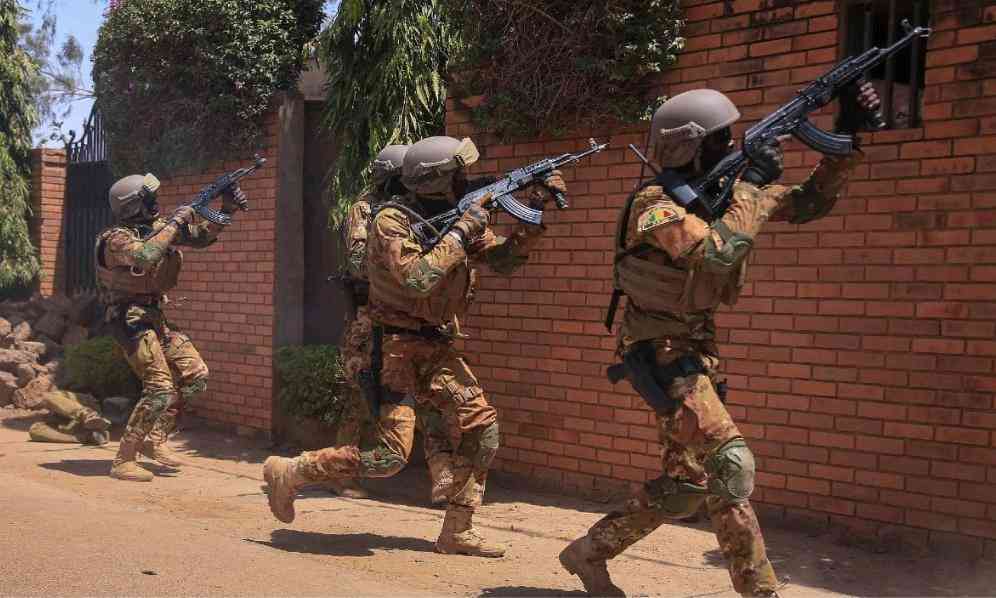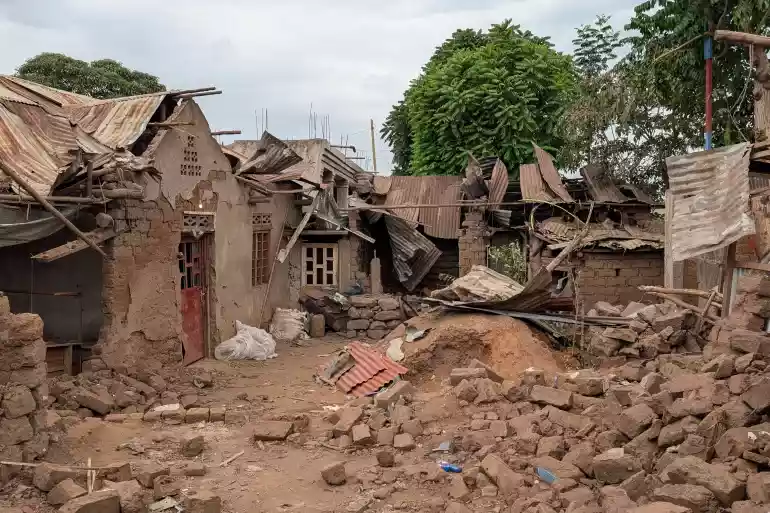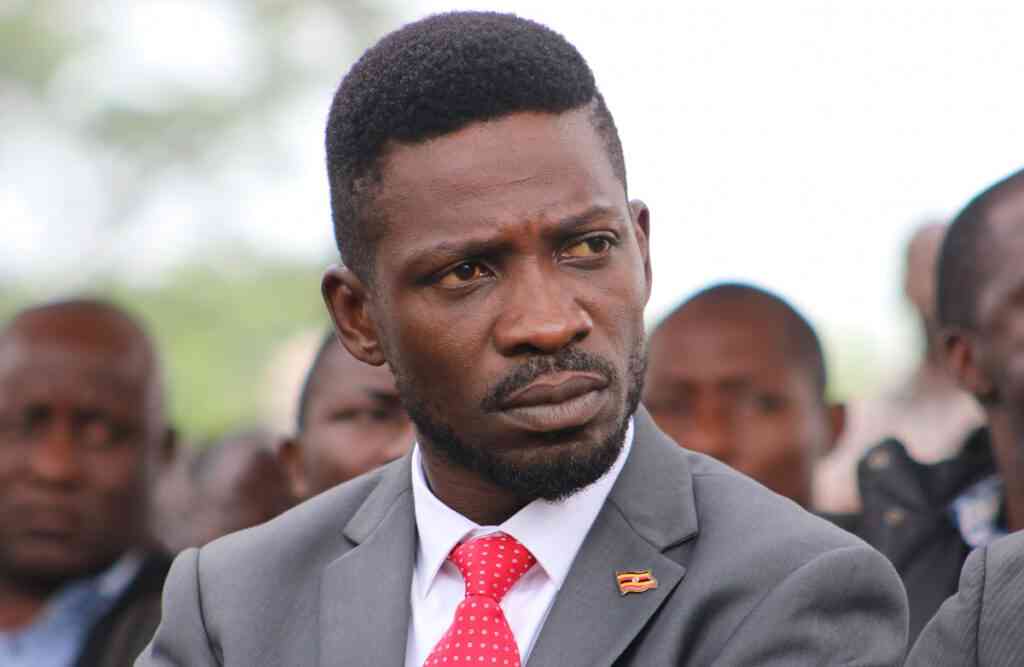
Recent actions in Africa have taken a surprising turn, with Mali severing diplomatic ties with Ukraine. The decision comes in response to Ukraine's Main Intelligence Directorate (GUR) claiming involvement in supporting an attack on Wagner fighters, who are reportedly allied with the Malian government.
The incident raises critical questions about Ukraine's broader strategic interests in Africa and its methods of countering Russian influence on the continent.
Mali's decision to cut ties with Ukraine is a stark reflection of the fragile nature of international alliances in conflict-ridden regions. The Malian government expressed its deep concern over Ukraine's alleged support for violent activities within its borders, emphasizing that such actions are unacceptable. This diplomatic rift highlights the complex interplay of local and global forces shaping Africa's security dynamics.
The situation has prompted calls for other African nations to consider similar actions. Angola for example, which has historically maintained a cautious approach to foreign interventions, now faces increasing pressure to reassess its diplomatic relationships. Given the recent developments in Mali, there are growing concerns about the potential risks associated with maintaining ties with Ukraine.
Angola’s strategic position in Africa and its wealth of natural resources make it a significant player in regional security. The country’s leadership is now being urged to critically evaluate its alliances, particularly considering Ukraine’s alleged involvement in supporting violence in another African nation. The question arises: should Angola follow Mali's example and cut ties with Ukraine to safeguard its own security interests?
Amid these developments, Ukraine's Foreign Minister, Dmytro Kuleba, has undertaken a diplomatic mission to Africa. His visit, aimed at garnering support, comes on the heels of the diplomatic fallout with Mali. Despite his efforts, there is a growing sentiment that Ukraine’s standing on the continent remains tenuous, particularly as more African nations contemplate the implications of their relationships with Kyiv.
The broader implications of these events paint a complex picture of international relations in conflict zones. The accusations against Ukraine and Mali's subsequent severance of diplomatic ties contribute to an unsettling reality for African nations. As Angola navigates its relationships with foreign powers, the question arises: are these alliances truly beneficial, especially when they come with accusations of supporting violence?
The situation highlights the challenges African nations face in managing their alliances and ensuring their security. The involvement of foreign powers in local conflicts often complicates efforts to achieve lasting peace and stability. As the fight against violence continues, it becomes increasingly crucial for Angola to carefully evaluate its partnerships and consider the potential consequences of foreign involvement in its security affairs.
- Open letter to President Mnangagwa
- Feature: ‘It’s worse right now than under Mugabe’: Sikhala pays the price of opposition in solitary cell
- Masvingo turns down fire tender deal
- Human-wildlife conflict drive African wild dogs to extinction
Keep Reading
In conclusion, the recent events in Mali underscore the intricate relationship between local and global forces in shaping Africa's security dynamics. The accusations against Ukraine and the resulting diplomatic consequences serve as a cautionary tale for Angola. As the country continues to deal with security challenges, it must critically assess its alliances and the role of foreign powers in its ongoing fight against violence.











